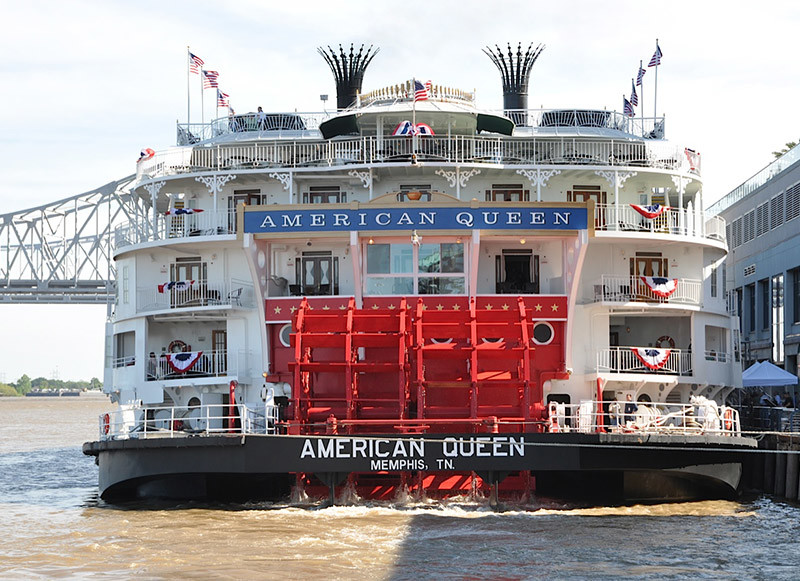As of today, Feb. 2, passenger vessel operators must require that its passengers and crew wear face masks to help prevent the spread of coronavirus and must exert best efforts to obtain compliance.
The mandate was contained in a Jan. 29 order from the Centers for Disease Control and Prevention (CDC) entitled “Requirements for Persons to Wear Masks While on Conveyances and at Transportation Hubs."
The CDC order applies to all types of transportation conveyances, including commercial air carriers, trains, buses, mass transit, and vessels. The definition of the term “vessel” includes “any passenger-carrying … vessel …” Therefore, the CDC order applies to Subchapter H, K, and T vessels, regardless of their type of service (ferry, sightseeing, dinner cruise, overnight cruise, etc.), that operate on international, interstate, and intrastate waterways subject to the jurisdiction of the United States, the Passenger Vessel Association said in a Member Alert released today.
The order's requirements include:
- Persons must wear masks over the mouth and nose when traveling on conveyances, including passenger vessels. Persons must also wear masks at transportation hubs (for example, vessel terminals, PVA said).
- A conveyance operator, including a passenger vessel operator, transporting persons into and within the U.S must require all persons onboard to wear masks for the duration of travel.
- Conveyance operators, including a passenger vessel operator, must use best efforts to ensure that any person onboard wears a mask when boarding, disembarking, and for the duration of travel. The order gives examples of what “best efforts” entail, including:
- Boarding only those passengers wearing face masks.
- Instructing passengers that federal law requires the wearing of face masks while on the vessel and that refusing to do so constitutes a violation of federal law.
- Monitoring face mask usage of passengers on board and seeking compliance from those not wearing a mask.
- At the earliest opportunity, disembarking a person who fails to comply.
- Providing prominent and adequate notice of the face mask requirement; this may include advance notice by means of apps, websites, and email; posted signs; and notice on printed tickets.
Under certain circumstances, the order excuses a person for complying with the mask-wearing requirements. These include:
- While eating, drinking, or taking medication, for brief periods;
- While communicating with a person who is hearing-impaired, when the ability to see the mouth is essential for communication.
The order also specifies certain categories of persons are exempt from the mask-wearing requirement, including:
- A child under the age of two, and
- A person with a disability who cannot wear a mask, or cannot safety wear a mask, because of the disability, as defined by the Americans with Disabilities Act.
The CDC said in the order that “masks help prevent persons who have Covid-19, including those that are pre-symptomatic or asymptomatic, from spreading the virus to others. Masks are primarily intended to reduce the emission of virus-laden droplets, i.e., they act as source control blocking exhaled virus. This is especially relevant for asymptomatic or pre-symptomatic wearers who feel well and may be unaware of their infectiousness to others and who are estimated to account for over 50% of transmissions. Masks also provide personal protection for the wearer by reducing inhalation of these droplets, i.e., they reduce wearers’ exposure through filtration.
The CDC reserves the right to enforce the policy by means of criminal penalties, but states that it hopes that voluntary compliance will be sufficiently widespread to make such enforcement unnecessary.
In addition, the Coast Guard Assistant Commandant for Prevention Policy published Marine Safety Information Bulletin 02-21 “COVID-19 Safety Requirements in the Maritime Transportation System” on Feb. 1 related to the requirement of all persons traveling on all commercial vessels to wear a mask.
The PVA submitted to the Coast Guard observations about the challenges involved with a mask mandate, including those that will be faced by operators of dinner cruises.




